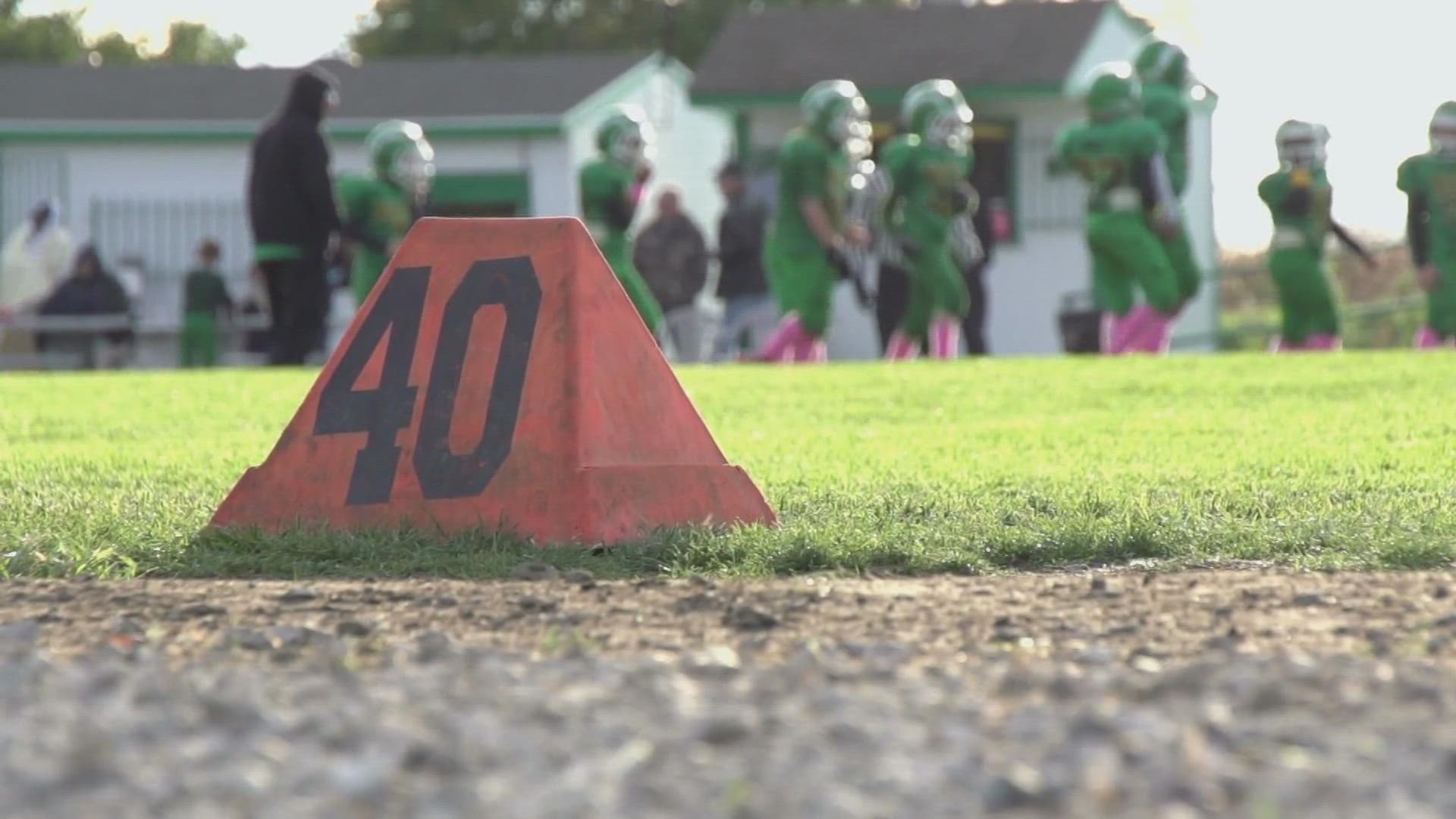SAN ANTONIO — Now that children are back in school, back-to-school sports and outdoor activities have returned as well.
Every child is different. Not all are acclimated to the heat; children may have different health problems to begin with, and not all children have enough hydration.
"A child with ADHD on certain medications may have problems with any sort of heat intolerance. And then even obese children with a BMI greater than 85% may not tolerate the heat as well," said Dr. Mandie Tibball-Svatek who is a pediatrician with University Health and UT Health San Antonio. She says if your child has a specific health problem, to let their coach know so they can keep an eye on them. And talk your family doctor.
Dr. Tibball Svatek said, "That primary care physician can advise parents when it's a good time to play and when it's not."
Some tips to avoid a heat illness include:
- Limit outdoor activity in the middle of the day.
- Drink more water than usual and don't wait until you're thirsty.
- Monitor yourself and the teammates around you.
- Wear loose, lightweight, light-colored clothing.
- Apply sunscreen often and as indicated on the package.
The heat index is another story. Dr. Tibball-Svatek added, "If it's going to exceed 95 degrees, then you need to talk about, 'Do you have practice sooner earlier in the day or late in the evening?'"
Look for these signs of a heat illness: Heavy sweating and cold, clammy skin, nausea and vomiting, dizziness and a headache, tiredness and weakness, a rapid pulse with a body temperature of at least 103.
Dr. Svatek also told us, "If you have a heat index above that 105, you are leading that individual to heat exhaustion and potentially heat stroke, which can be very detrimental to a child's health."
The CDC offers excellent tips about avoiding heat illnesses in children. Pediatrics also offers additional information about heat exhaustion in children and adolescents.
If you would like to see more of our Wear The Gown stories, click here.

